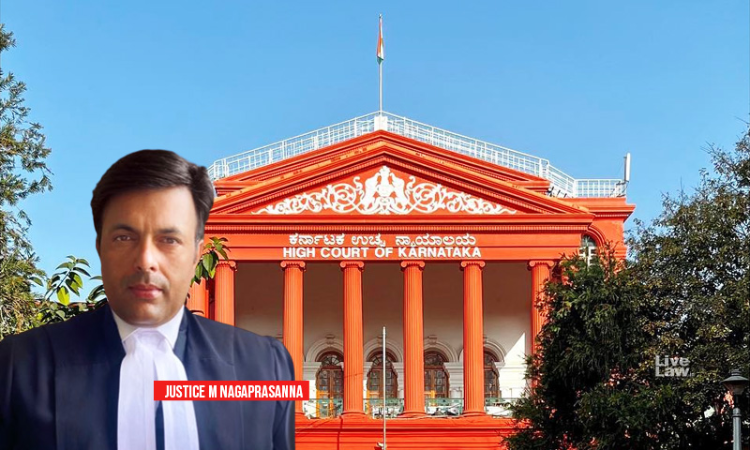The Karnataka High Court has held in a cheque dishonour case that the legal obligation to repay the amount associated with the cheques is not altered by changes in officeholders, and the burden of proof rests with the company or its officers to rebut the presumption of liability.Justice M Nagaprasanna added that the chairman of a company or other officers who sign cheques remain liable...

